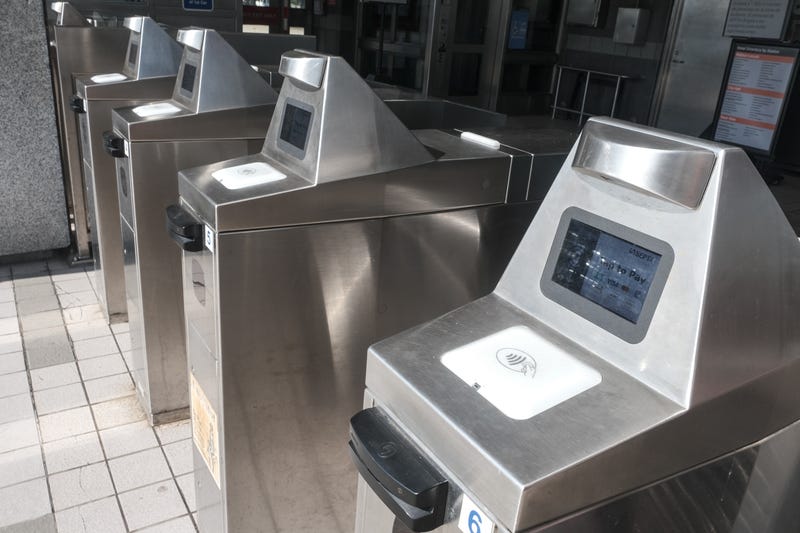
PHILADELPHIA (KYW Newsradio) — While SEPTA prepares to slash service to balance its budget, it’s also working to discourage people from copping a free ride.
It’s a problem that costs the cash-strapped transit agency an estimated $30 to $50 million a year. The issue was raised at Thursday’s SEPTA board meeting when board member Mark Dambly questioned why a jump in ridership in May didn’t result in a corresponding increase in farebox revenue.
“I heard that ridership was up between 5% and 8% on the various modes and so I’m curious why our revenue is down by close to a million dollars,” Dambly asked.
“In large part, it’s fare evasion that we’re addressing now,” responded chief financial officer Nikolaus Greishaber.
SEPTA Police Chief Chuck Lawson, in an interview, said there has been a culture shift in recent years to the point that he saw as few as 3 in 10 riders paying their fares a year and a half ago. “It certainly feels like social norms have changed,” Lawson said.
“Normal full-time employed individuals from all walks of life who have just adopted this behavior of not paying,” he told KYW Newsradio. “They think it’s optional.”
SEPTA is using a three-pronged approach to combat fare evasion, Lawson said.
Deterrence: Nearly full-length fare gates were installed at 69th Street more than a year ago, and SEPTA plans to install them at the City Hall station this year. The gates are not foolproof but Lawson said they’ve reduced fare evasion by 20%.
“There’s a couple things that we can do that we have not done yet,” Lawson added. “We can make the gate harder to push open, so tighten it up a little bit. We can make the ADA fare gate close a little quicker.”
SEPTA can also raise the volume of the alarm when a fare evader is detected. Lawson said SEPTA is also deploying more officers to areas where increased fare evasion is detected.
Enforcement: Since June 2024, officers have issued 7,420 citations, with fines up to $300.
Education: SEPTA plans to frame fare evasion as a crime. “This is a theft of services,” Lawson said. “It’s a crime that I equate to retail theft, to theft of cable or electricity or any other utility.”
